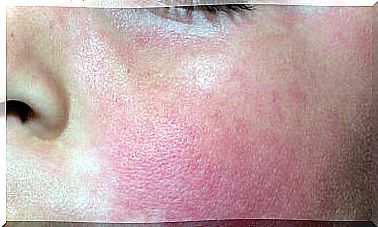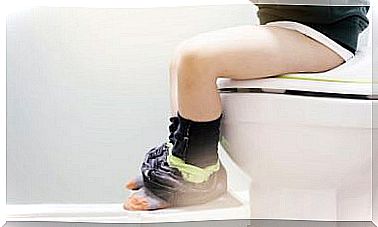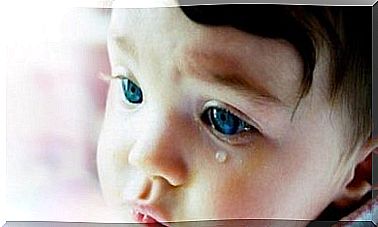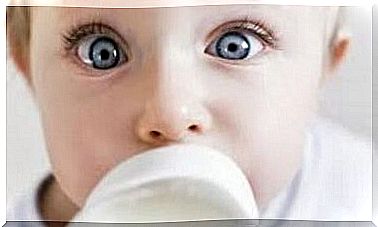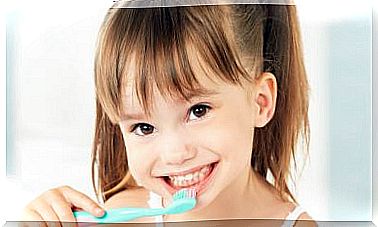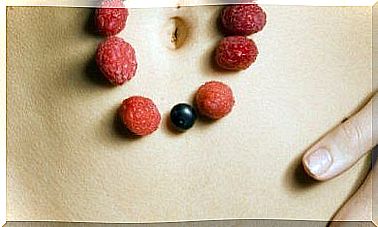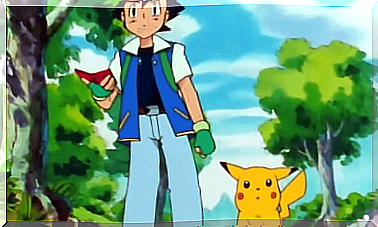What To Do If My Baby’s Teeth Don’t Come Out?
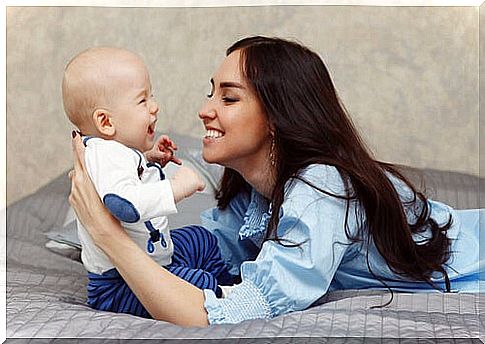
Moms monitor every aspect of their baby’s growth day by day. Before any irregularity, they activate their alarm signal to know what is happening and how to solve it. One of the main concerns is related to the teeth coming out: what can I do if my baby doesn’t come out?
First of all, you have to establish when the growth of the teeth should begin. This occurs, approximately, from 6 months of age.
However, in some babies it can occur earlier, such as 4 months, or later. This characteristic, as well as many others, will depend on the organism of each child. Interestingly, it often happens that girls get their teeth earlier than boys.
In what order does tooth eruption occur?
Typically, the order in which tooth eruption occurs is as follows:
- Center teeth (central incisors).
- Of the lower arch (those of the jaw).
- Lateral incisors.
- Lower sides.
- Milk molars.
- Fangs (canine).
- Second molars.
With this structure, the milk teeth should be complete around 2 or 3 years of life. In addition, around the fourth year, there is a growth of the bones of the face – and the jaw – that creates gaps between the teeth. This is normal since the permanent teeth are larger and will fill in those spaces.
My baby is not teething: should I be concerned?
Parents should take action if the child is over one year of age without growing teeth. Specifically, the age limit would be 18 months of life. A good time to ask questions and get rid of your doubts is in the first consultation with the dentist. This should occur around the child’s first birthday.
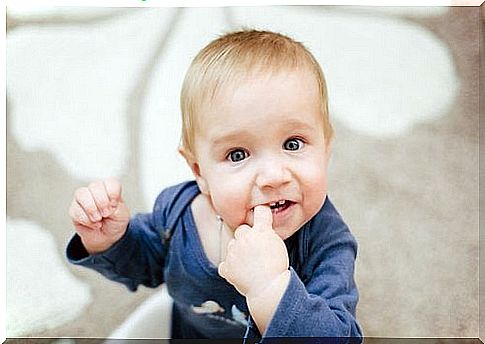
The dentist will surely want to take radiographic plates to certify that the teeth that are coming are coming out in the correct position. In addition, an early visit to the dentist will help the child become familiar with this character, which makes it easier for him to lose his fear.
On the other hand, if the months pass and the teeth still do not appear, you should consult a pediatrician. In these cases, blood tests are usually done to rule out other diseases that delay this function.
A clear indication that there is something that is not going well is the appearance of other problems related to the child’s health. Specifically, you have to be attentive to those related to their hair, bones and skin.
A rare inherited condition like anodontia, which can also cause delay or outright lack of teeth. However, it is not a common disease.
Should I change the diet if my baby does not have teeth?
Yes. In fact, this is one of the main measures you should take if your baby does not have teeth. Food is a fundamental factor for the development and growth of children. The exit of the teeth is one of the functions that are framed here.
To develop, teeth need nutrients such as calcium, phosphorus, fluoride, and various vitamins. Calcium is responsible for the formation of bones and teeth; phosphorus, meanwhile, helps with this task.
Both are helped by vitamin D, which is acquired naturally from the sun or through supplements, in certain cases. Fluoride, on the other hand, helps in the care of dental plates, since it increases the resistance of the enamel.
In order to get all these nutrients, it is essential that the baby follow a varied and healthy diet. By this we mean to continue breastfeeding until appropriate, to give vegetables and fruits in their different presentations and to incorporate, little by little, other dairy products and solid foods that contribute to their nutrition.
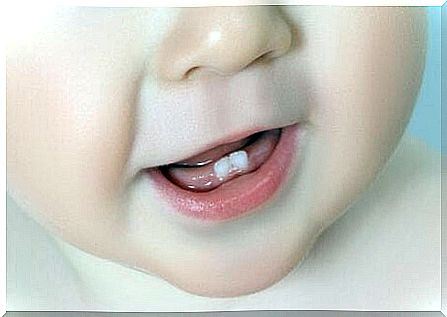
Signs of teething
If you notice one or more of the following symptoms, you shouldn’t worry; baby teeth are on the way:
- Swollen gums.
- Increased saliva
- Restlessness and irritability.
- Sleeping problems.
- Reflex to bite and chew everything within reach.
- Increased number of bowel movements (caused by excess salivation).
Any of these signs can be indicative that teething has started. On the other hand, if the baby has a fever, diarrhea or nasal congestion, see the doctor. These symptoms are not associated with the appearance of teeth.
Finally, it is necessary to emphasize that this process depends on the organism of each baby ; values are for information only. There may be an early teething or a too late one without this being a warning sign.

